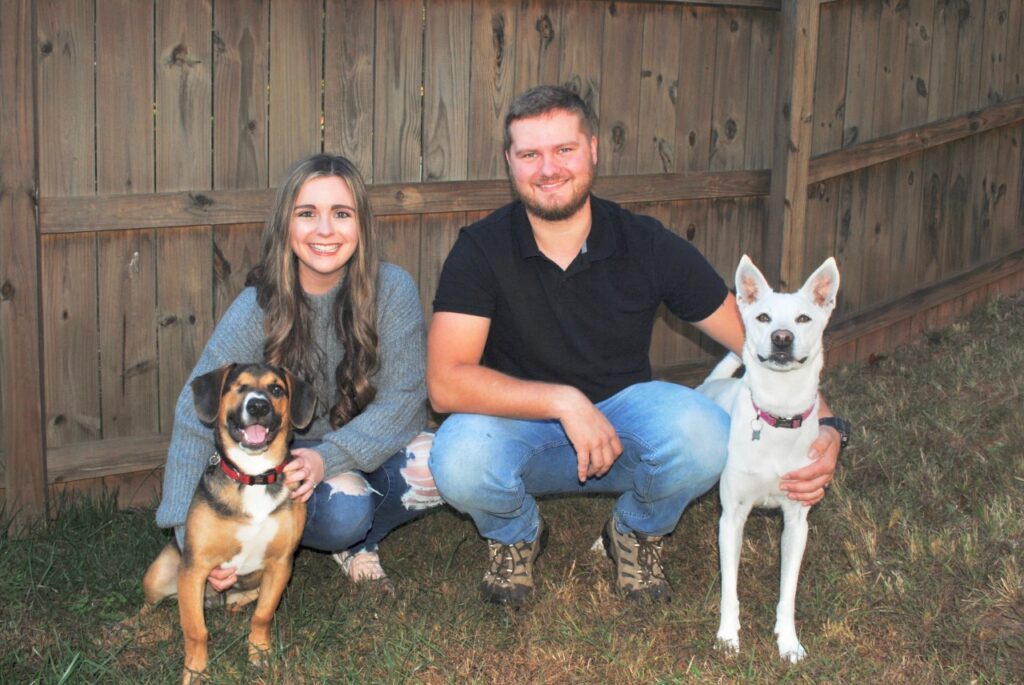For Marine Corps veteran Chase Conklin, working in construction has clear similarities to his four years of service.
“Every day is a new day,” Conklin said. “You’re constantly learning something, and there’s so much going on, no one person could ever learn all of it. There’s always something to improve on, and it’s not a stagnant lifestyle. It’s a lot like the military.”
After serving in the Marine Corps, Conklin was stocking shelves at Food Lion when a fellow Marine approached him and asked him if he might be interested in a career change. That friend worked at Robins & Morton, and within two weeks, Conklin started working for Robins & Morton as a laborer in Durham, North Carolina.
“I thought it would be great to work with somebody I knew from the Marine Corps,” he said.
Within a year, Conklin’s hard work and natural skill at the job helped him advance from laborer to carpenter’s helper to construction coordinator. As a construction coordinator, he was tasked with ensuring safety practices were being implemented and making sure that all work was completed on time and at high quality.
“Robins & Morton has been great to me, and I absolutely see myself staying here,” he said. “I never thought I would get to do this kind of work. I never pictured myself in this field or having even close to the opportunities Robins & Morton has provided me with. I picture myself here for the long haul.”
Now, several years into his career in construction, Conklin is now a field engineer and said he sees more parallels between his work in the Marines and his work in construction.
“In the military, you have to develop people skills, and learn how to talk with all sorts of different people,” he said. “You also have to develop a pretty strong work ethic, discipline, and time management skills. It never hurts to be a little bit early and to try to do your very best at whatever you’re doing. Plus, the military gives people a bit of a competitive side to them.”
All of these skills have translated well to construction work and made for an easier transition to his civilian career.
“Construction is not as difficult a transition as many other jobs would be,” Conklin said. “It’s a great field. You get to keep working with your hands, and you’re going to meet a lot of other veterans out there as well. It’s a wonderful field to be in, and you’ll stay busy for sure.”


